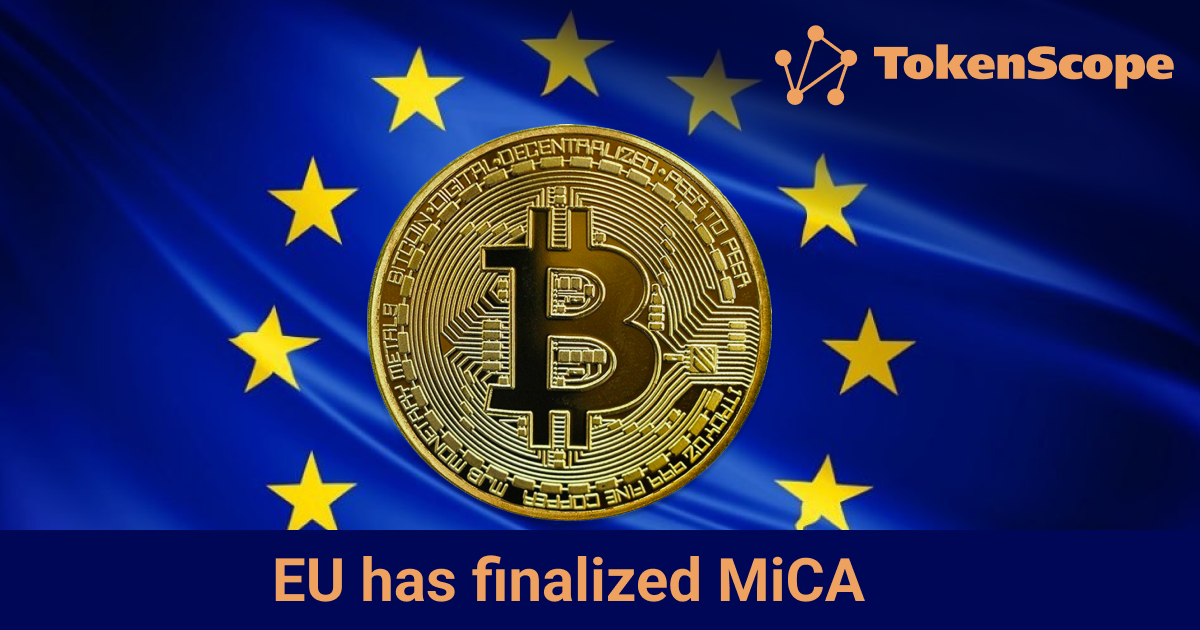Crypto regulation in the world: weekly digest #10

UAE
A significant step towards further development of regulatory framework for digital assets in the UAE was the adoption in March 2022 the country's first law on the regulation of cryptocurrencies and other virtual assets in Dubai (Dubai Virtual assets law). Following the adoption of the law a special watchdog of the Emirate of Dubai - the Virtual Assets Regulatory Authority (VARA) was created and operations with digital assets were specified. The law also establishes the obligatory registration and licensing of virtual assets service providers. You can get more info about the regulation of cryptocurrencies in Dubai in our previously published brief note.
One of the VARA’s task was to reduce the risks associated with the cryptocurrencies use and to create a comfortable business environment for the development of the crypto services market. In order to make investors feel more secure, this week VARA published new rules governing the advertising and promotion of crypto services.
The rules apply both to licensed VASPs and to advertising and marketing agencies. A legal framework is established for all forms of advertising and any activities carried out to attract clients or investment products’ offerings.
According to new requirements, the information disseminated must not contain promises of guaranteed income, assurances of the investing safety or misleads a client in any other way. All advertisements and any marketing materials must contain accurate facts, which must be stated in a user-friendly phrases. Significant punishments are set for violators, including the annulment of the license to carry out activities.
Thailand
Same as in the UAE, the unregulated promotion of crypto services was the problem to attract Thailand’s authorities attention. The Securities and Exchange Commission of Thailand (SEC) this week also released new tougher rules for crypto advertising. The tightening of the regulation framework is associated with increased risks for investors during the "crypto winter" accompanied with an increased volatility of cryptocurrency quotes when security cannot be guaranteed even by investments in relatively "safe" stablecoins.
The rules apply to cryptocurrency companies, which are now required to prescribe all the associated risks for those who wish to invest in digital assets. Risk warning should be easily visible, and also contain an adequate assessment of the investment instrument, both its positive and negative sides. Same as the requirements of the Dubai regulator, advertising is prohibited from making exaggerated claims or outright misleading consumers.
An interesting feature of the new rule is a ban on the distribution of advertising on any resources and advertising media, except those that belong directly to the advertiser. Companies offering services related to cryptocurrencies can only do so on their official websites or other platforms that they own themselves. In order to comply with the new requirements, companies have one month from the date of adoption of the law.
We wrote before that the United Nations Conference on Trade and Development (UNCTAD), in published regulatory notes, paid special attention to the need to tighten requirements in the field of digital financial assets’ advertising. Probably regulators in the UAE and Thailand have decided to follow these recommendations.
Georgia
Georgia, a Caucasian country, is actively preparing to become a regional crypto hub. In this connection the country’s government has developed an updated regulatory framework for the financial sector and digital financial assets.
Laws have not yet been adopted, but according to Bitcoin.com a package of proposals has already been sent to parliament and is planned to pass it this fall. The proposed bills should harmonize Georgian legislation with the Directives of the European Union regulating financial and payment services, as well as services in the field of cryptocurrencies. Probably the 5th EU Anti-Money Laundering Directive (5 AMLD) and the recently adopted Markets in Crypto-assets act MiCA.
Amendments to the legislation provide legal status to entities involved in the trading of digital assets, as well as the definition of their obligations and rights. These measures are aimed to reduce risks of cryptocurrencies use and to further strengthen country’s AML/CFT framework.
We continue to highlight the news of the world of crypto regulation worldwide. Stay tuned for the latest news!




